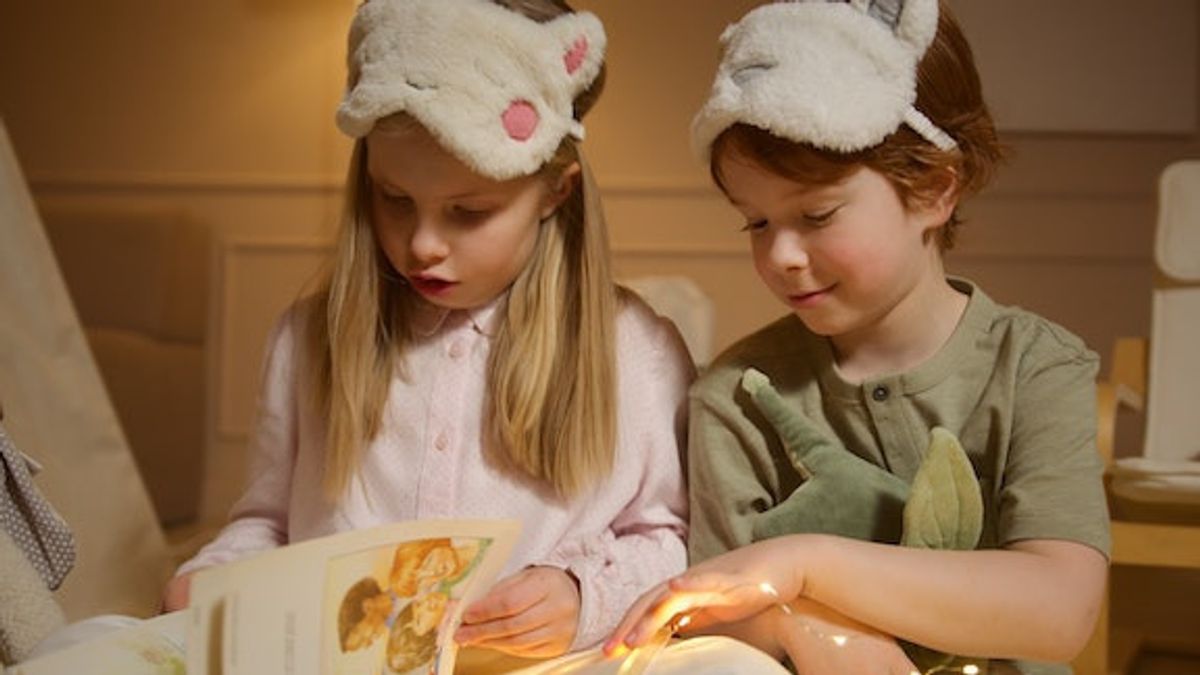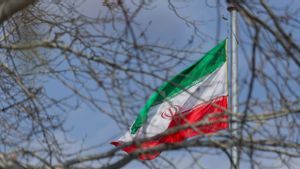JAKARTA - Does your child have friends? If so, then be lucky. Because of this relationship can teach children the meaning of friendship, the importance of providing support, increasing social interaction with peers, and the opportunity to get to know more about themselves outside family members.
Renata Klabacha, MA, LMFT, licensed marriage and family therapist in Chicago, Illinois, says that child friendship is a big part of life's development. Since humans are social and socially motivated creatures, friendship plays a very important role in children's development.
In addition to child development, reported Very Well Family, Monday, March 6, here are four other reasons for the importance of children having friends.
Research shows that having a close friendship can help children feel comfortable with themselves. In particular, having a good friend can increase her self-esteem and foster positive feelings about school and her classmates.
Building friendships in childhood or youth can help children develop various social skills such as problem solving, conflict resolution, compromised ability. In addition, it also teaches him about listening skills, many sense, emotional settings, independence, identity formation, and creating a sense of belonging and society, explained Klabacha.
In fact, research also shows that having a solid childhood friendship is closely related to welfare, feelings of belonging, and the development of healthy prosocial skills. Having at least one friend as a child is also associated with healthier mental health as an adult.
Research has found that success as an adult is preferentially determined by emotional intelligence or EI (capacity to regulate emotions and adapt socially) compared to IQ scores. When children engage in positive friendships, they tend to improve their skills in managing emotions, conflict resolution skills, and problem-solving skills.
Often, when children fall into negative relationships with their peers, it's because they are socially exiled or marginalized by positive peers. If it continues to be ignored, then this behavior will form a negative attitude for children in the future.
Having friends with peers makes children feel a relationship with the same role, says James Youunis, PhD, a professor of psychology at the Catholic University of America in Washington, DC. This is a different dynamic that is experienced in the family, where parents are figures of authority.
Friendship is an important relationship because it is different from the relationship between children and parents. In fact, when children build friendly relationships with their peers, there is a reciprocal relationship where every child shares authority and autonomy.
The English, Chinese, Japanese, Arabic, and French versions are automatically generated by the AI. So there may still be inaccuracies in translating, please always see Indonesian as our main language. (system supported by DigitalSiber.id)













